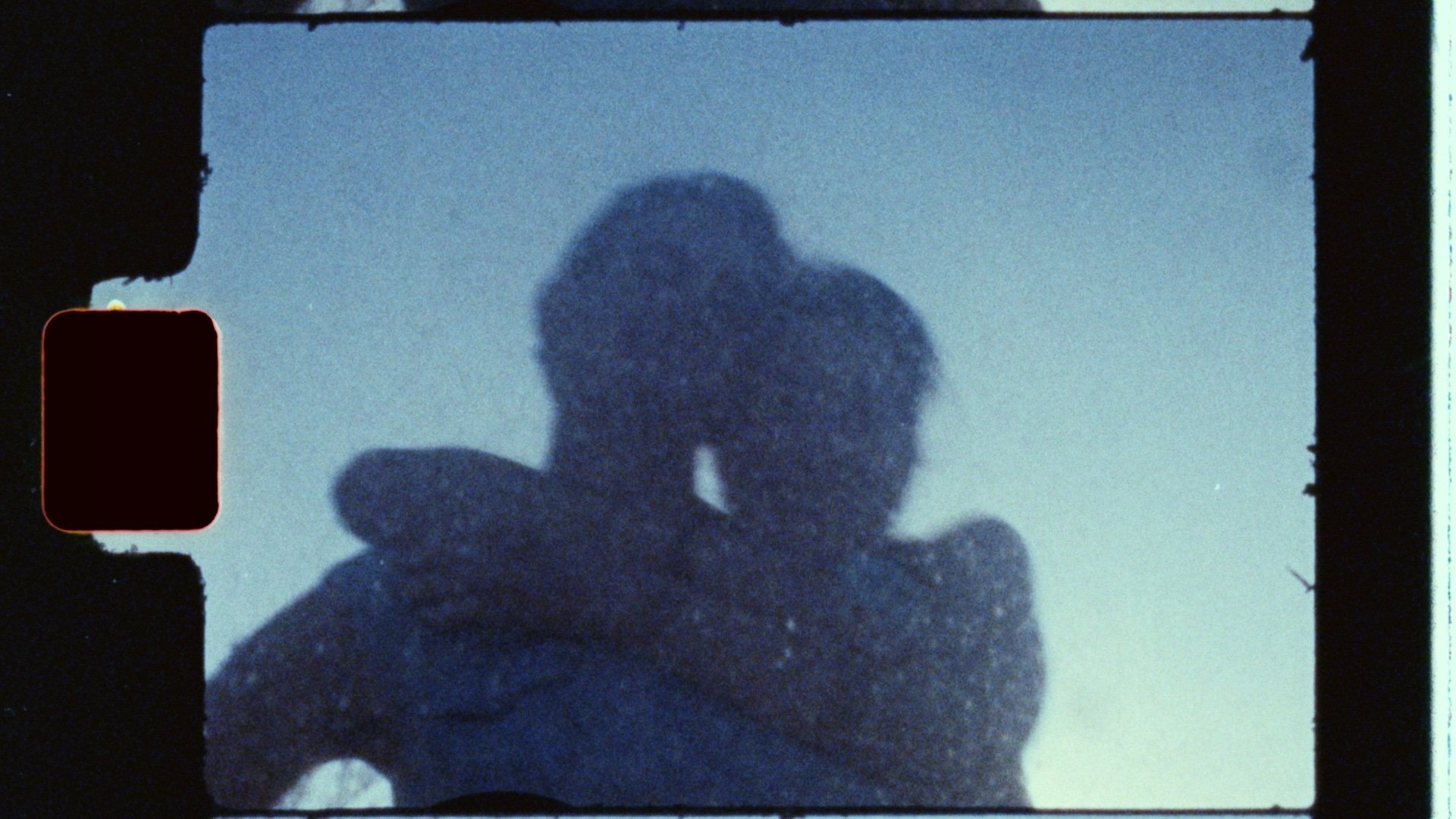Vancouver documentary back home brings its poetic journey through grief back to VIFF Centre on April 14 and 15
Director Nisha Platzer employs hand-processed film and impressionistic imagery in quest to get to know the brother she lost to suicide
back home.
VIFF Centre presents back home on April 14 at 7 pm and 15 at 4 pm in the lead up to National Canadian Film Day
IMAGERY OF rustling leaves, rippling ocean waves, pavement chalk drawings, and bramble-covered train tracks all take on deeper meaning in back home—Vancouver-raised director Nisha Platzer’s impressionistic documentary ode to the brother she lost to suicide in 1999, when she was 11 and he was 15.
The work briefly returns here, after premiering at last year’s Vancouver International Film Festival, to VIFF Centre’s ode to new voices, marking National Canadian Film Day.
The film pushes the documentary form, less a methodical search for who Platzer’s brother was, and more a poetic, sensory portrait of what it feels like to lose a sibling and grapple with the fact that they took their own life. Through visual textures, a layered soundscape, and words, it captures the swirl of grief that still haunts survivors well over a decade after the tragedy.
Platzer interviews old friends and family, and pores through her brother Josh’s acutely sensitive and philosophical diary entries. Along the way she is repeatedly struck by coincidences—especially the people from Josh’s life who keep circling back into her own orbit.
But she also interweaves dreamlike West Coast imagery of the environment he was surrounded with and artfully altered film. Platzer hand-processes, scratches, and punctures 16mm and Super8 footage to scatter it with flecks of light that suggest the imbalance of brain chemistry, the distortion of memory, and, of course, the aching ephemerality of life itself. Amid all that there are handheld closeups of Platzer processing, looping, and cutting film—a meditative, repetitive ritual that has brought her peace.
At the same time, we viscerally feel the filmmaker drawing closer to the sibling she hardly knew. Said Platzer in an interview with Stir when the documentary premiered at VIFF last fall: “I would have a little jar of his ashes and a candle on the table when I was working in the studio. I did feel like I was hanging out with him.”
At several points it becomes clear that Josh was caught in a chaotic mental-health system. But this contemplative film is less about finding answers for an unimaginable act, but about how those who survive can find solace: carrying out unfulfilled dreams, and continuing to live.














